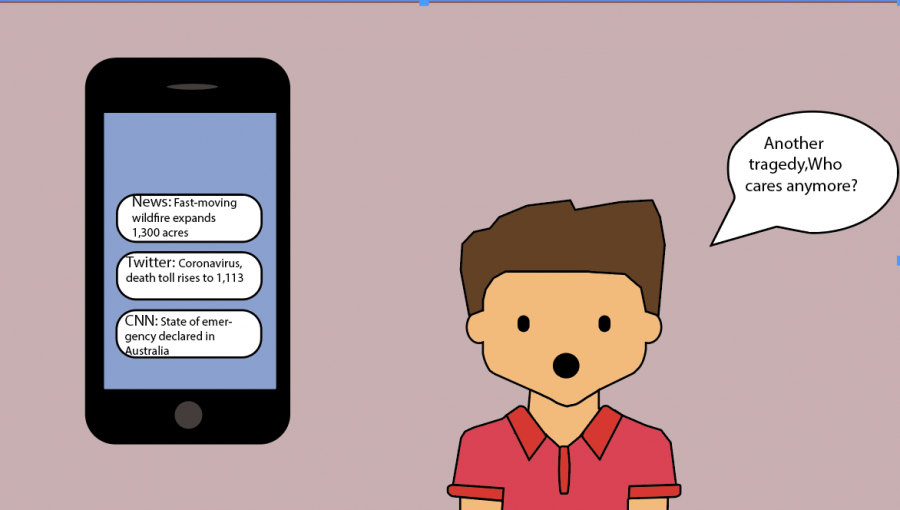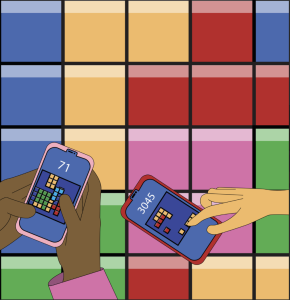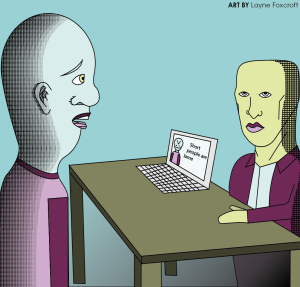The new generation of youth activism
Youth culture is regularly desensitized to major global events which is becoming very detrimental to an entire generation’s definition of what a crisis is considered.
March 16, 2020
With the rise of modern technology, social media has become a platform for the youth of today to express their ideas, exchange information, and virtually do anything one’s heart desires. Although technological advances, such as the advent of social media, have been mostly positive, instant access to media has come with its fair share of consequences. Youth culture is regularly desensitized to major global events which is becoming very detrimental to an entire generation’s definition of what a crisis is considered. This has caused a decline in true youth activism, and if the lack of empathy within youth culture continues, it could potentially diminish the voice of the future. The way the youth reacts to crisis is unacceptable and inefficient to create change.
The accessibility of media has caused desensitization due to today’s young people constantly being bombarded with frequent exposure to violent or explicit content. Because it has become so easy to express one’s viewpoint on modern issues on the internet, it enables those who believe a single post is enough action to create change. Memes may be a quick fix or a way to cope with crisis, but it is insufficient when creating worldwide change.
In comparison to older generations, youth today have strayed from the typical rebellious acts than those of their parents or grandparents. For example, Baby Boomers popularized civil disobedience during the civil rights era was the common form of youth activism. Newer generations have differentiated from this form of youth activism because of the rise of the internet which has isolated young adults from connecting with older generations who are in the position to create change.
Although the rise of the internet has caused many issues when creating the new generation of “culture,” there are some positive outcomes when utilizing these networking tools. The mobilization of activism through technology has never been easier or more convenient due to social media sites. For example, the assembly of climate strikes during the fall semester would have not been possible without the use of social media. Because modern technologies were accessible to a passionate few, they were able to get entire student bodies involved at several schools to boycott in response to the climate crisis. The select few that initiated these strikes are a smaller population of a younger generation that faces scarcity of a community of student activists in real life.
The solution to the desensitization of youth culture is the acknowledgment of crisis and the validation of other’s despair. Instead of being a bystander and creating content that is not useful (other than when to cope with humor such as memes or pointless tweets) youth activists should rise as a community and create platforms that encourage civil disobedience, legal action, and respectful communication with older generations.
All young people possess the ability to be activists and youth activism is essential to societal progression. However, desensitization has made true youth activism more scarce, and it has been replaced with internet content that is simply not enough to create change. Youth culture has shifted to the internet in response to advancements made in the early years of the 21st century.










